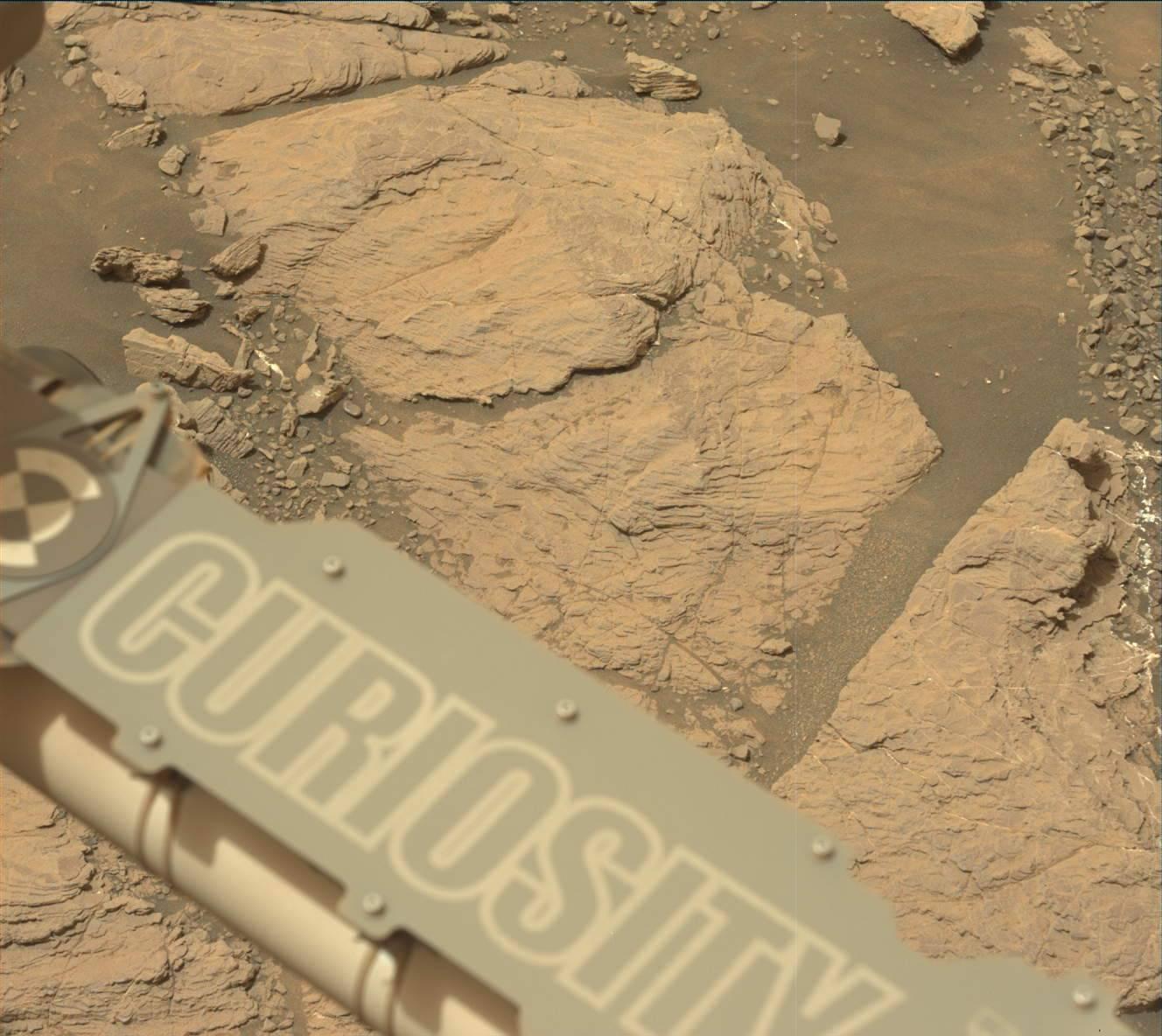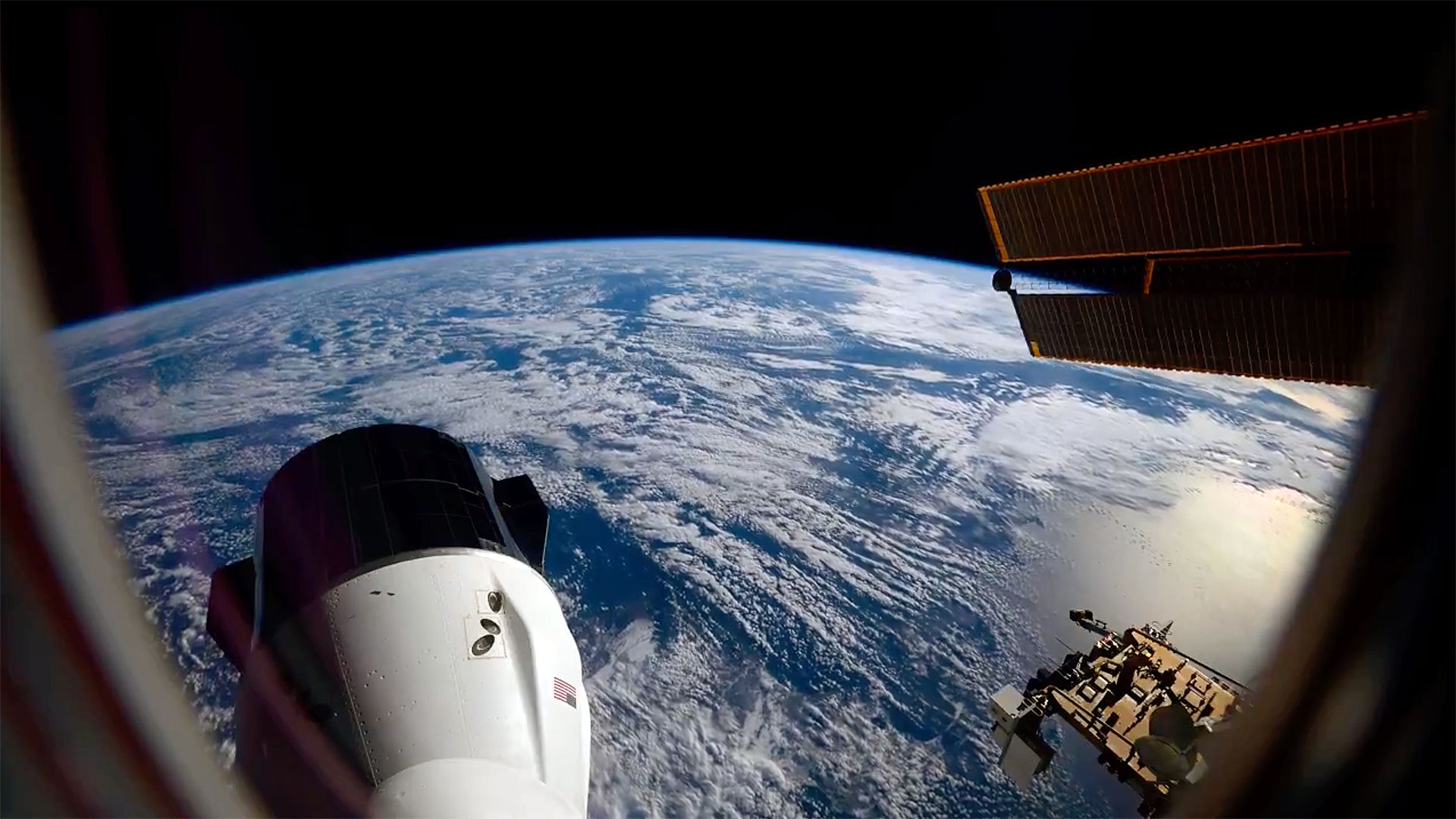Curiosity Rover Is Back to Science on Mars

After a brief staycation caused by a technical glitch, the Curiosity rover is back to gathering data on a clay-rich region of Mars, according to a NASA statement released today (Feb. 28).
The problem occurred during a routine boot-up on Feb. 15, according to the agency's announcement of the issue on Feb. 22. Between the glitch and that disclosure, Curiosity underwent 30 more boot-up procedures without issue, but the team still wasn't quite sure what had gone wrong. The robot's engineers paused the rover's science work to avoid overwriting information about the glitch.
"Curiosity has returned to science operations and is once again exploring the clay unit," the statement reads. "The mission's engineering team is continuing to study the computer reset experienced by the rover on Feb. 15. No other issues have arisen since then."
The statement suggests that the rover engineers haven't quite pinpointed what happened but have the information they need to let science work resume.
And the rover's science team is raring to go, since Curiosity just drove to a new area on Mars that features intriguing clay-rich rock. The neighborhood is named Glen Torridon and is located a little south of Curiosity's last home, the more cliff-inclined Vera Rubin Ridge.
Glen Torridon is a particularly intriguing area because clay minerals can form only in wet conditions — and chances are, any life on Mars would be equally dependent on water.
- Amazing Mars Photos by NASA's Curiosity Rover (Latest Images)
- Why We Can't Depend on Robots to Find Life on Mars
- How NASA's Opportunity and Spirit Rovers Changed Mars Exploration Forever
Email Meghan Bartels at mbartels@space.com or follow her @meghanbartels. Follow us on Twitter @Spacedotcom and on Facebook.
Breaking space news, the latest updates on rocket launches, skywatching events and more!

Meghan is a senior writer at Space.com and has more than five years' experience as a science journalist based in New York City. She joined Space.com in July 2018, with previous writing published in outlets including Newsweek and Audubon. Meghan earned an MA in science journalism from New York University and a BA in classics from Georgetown University, and in her free time she enjoys reading and visiting museums. Follow her on Twitter at @meghanbartels.
